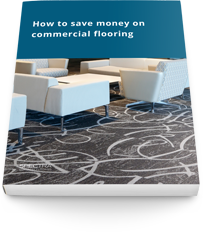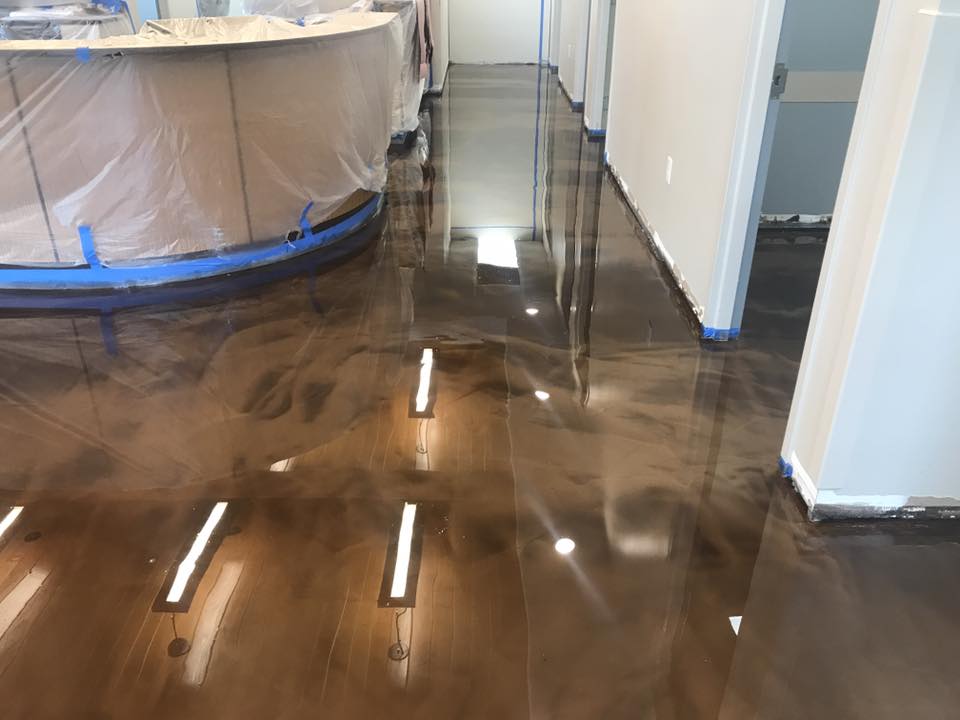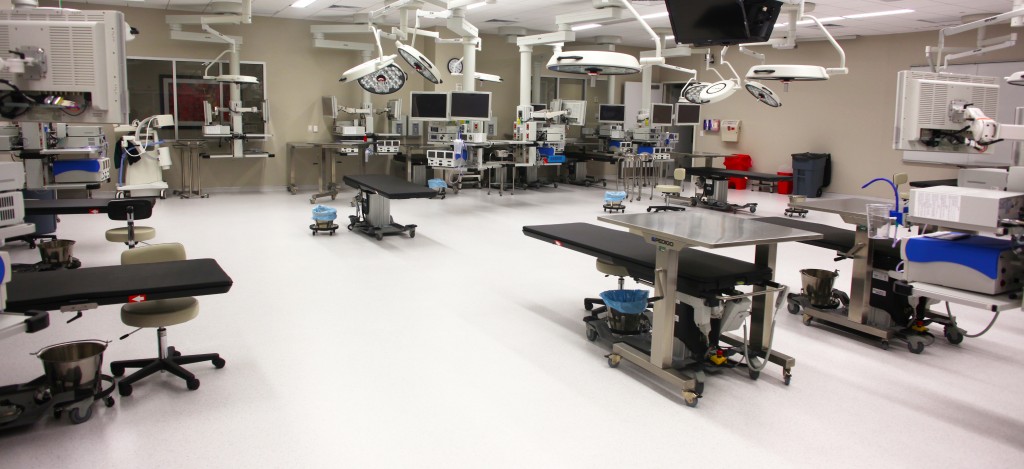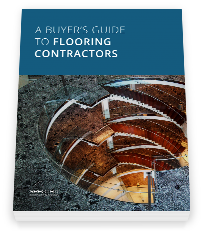Lab Flooring
No matter what your lab specializes in, creating a controlled environment is important, and often critical to the success and well-being of your facility. Choosing the correct material such as flooring is just as crucial. No matter if you’re renovating or starting from scratch, we know the ins and outs of creating the perfect surface to meet your lab flooring needs.
The Characteristics of Laboratory Flooring
When it comes to choosing the correct flooring for your facility’s lab, certain characteristics must be obtained. A precisely installed lab floor must deny the penetration of dirt, liquid or any other type of contaminate that could potentially damage or ruin the subfloor. To accomplish this feat, subfloors must be seamless and sealed with a proper flooring system based on your facility’s needs. System considerations and lab flooring material include epoxy resin, sealed concrete, and monolithic flooring. Choosing an experienced flooring contractor will be able to point you toward the right system, based on application, design and lifetime value.

How to save money on commercial flooring: value engineering, better materials and smarter solutions
Read this brief, no-nonsense guide to arm yourself with 350,000 projects worth of unbiased, money-saving insights.
Lab Flooring Options
Epoxy Resin
As the most popular lab flooring option on the market, epoxy resin flooring is also the most expensive. Comprised of a combination of materials that, when mixed together, form a chemically hardened plastic-like surface. While there are many different types of resin floors to choose from, the most common types are epoxy, polyurethane resin, and acrylic resin. Each of these types is part of a two-way system consisting of a base material and a hardening material. Once combined, a chemical reaction between the two causes the materials to harden creating a chemical resistant epoxy flooring. When properly installed, resin floors will provide your laboratory with a durable, safe, and flexible walking surface. Not to mention, resin floors are one of the most hygienic and chemical resistant flooring solutions on the market. Much like cleaning a kitchen countertop, spills can be easily dealt with by simply wiping them away as they will never settle or sink below the lab flooring surface.

Sealed Concrete
As a cheaper alternative to epoxy resin flooring, sealed concrete is another smart lab flooring option. Versatile, durable, and easy to maintain, sealed concrete is becoming more and more popular within laboratories due to cost and because in most cases, it already exists as a subfloor. With proper sealing, concrete can last for decades and can be easily cleaned by using a mop or water hose. By incorporating longer base options such as 12” integral base along with a properly sealed concrete floor, you will have a surface that is completely seamless, leaving nowhere for spills or contaminants to escape, making cleanup easier than ever before.

Monolithic Flooring
A monolithic floor refers to large sheets of flooring that can be chemically bonded or heat welded together. Typically constructed of vinyl, rubber, or linoleum, monolithic floors are a great option for labs that want a more economical approach out of its flooring. Although this type of flooring is less costly than the popular epoxy resin lab flooring, it is crucial that it is properly installed and sealed. If not, excessive water or chemical spillage can penetrate and damage certain monolithic floor types. However, when done properly, monolithic floors create a seamless cove that continues up the wall a few inches, eliminating the possibility of liquid or chemical reaching the subfloor.

Lab Flooring Cost Discussion
No choice affects the success of your project, or your flooring installation costs more than the contractor you select. We’ve published a straightforward guide that shows you how to tell quality flooring contractors from the rest. You’ll learn ways to get maximum value from your flooring project and achieve long-term savings in the process. Fill out the form below to download A Buyer’s Guide to Flooring Contractors.

A buyer’s guide to commercial flooring
How to get the greatest-value floor and select the right contractor for your project.
